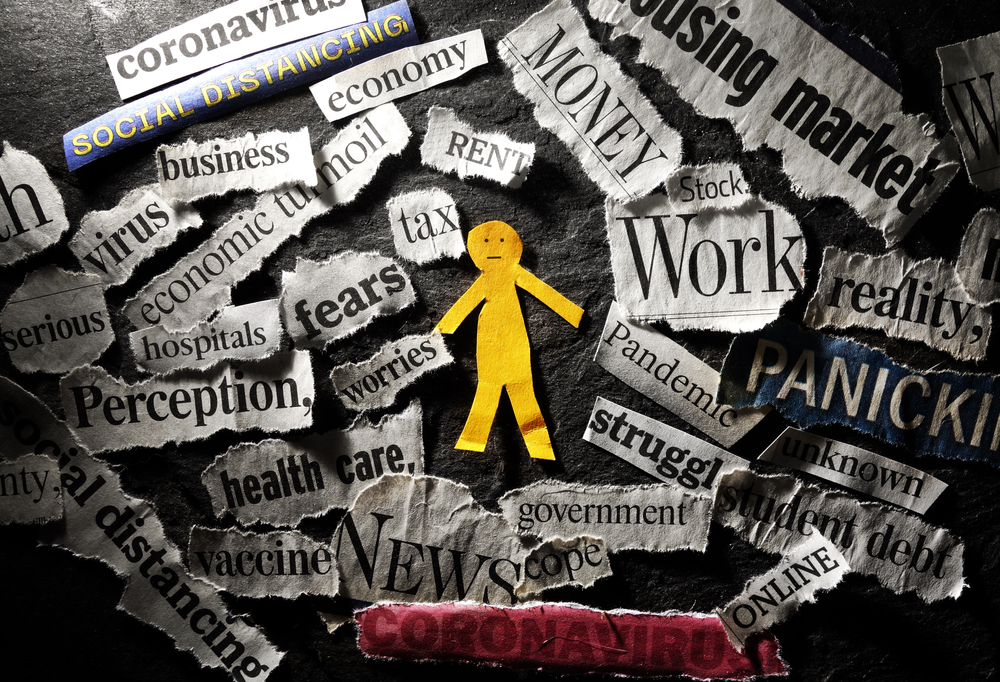
Welcome to #TBT and a journey to the past so brief, if you close your eyes for a second, you just might miss it. That’s because we’re going back a mere two years to a time people were so uptight about the news and a divisive election, many were feeling a sense of dread about the state of the union.
Wait…
….you think it’s still the same right now in 2024? You may be right as we inch much closer to our really big election in the U.S. and what feels like a big-time fork in the road no matter the outcome. We have watched our news cycles in the past several weeks go through some pretty crazy gyrations. Most news organizations are trying to catch their breath and figure out how to cover this iconic race – a duel that has pretty much everything. And with 68 days to go until Election Day, a lot can and will still happen.
A few weeks ago, it was a much different story. Many Americans – known as the “Double Haters” – were unhappy with the choices on top of each party’s ticket. But now that issue is in the past, and we’re looking at a whole new ballgame.
Today’s throwback post raises questions about how media – radio included – covers the current news cycle including the runup to the election. Can radio stand out in the media fray? And what impact does the demise of WCBS-AM say about radio’s ability to distinguish itself for news? What will be the role of public radio’s NPR news stations? There may still be an opportunity for radio to own the local news image, providing unique coverage and knowledge of the hometown turf. But can the medium still get there from here? – FJ
August 2022
Last week, I wrote a post – “All Those News Junkies In Our Midst” – that generated considerable comments from many of you. Back in the earliest days of radio, the “content” was news. That’s what you heard when you turned on the radio, and let it warm up.
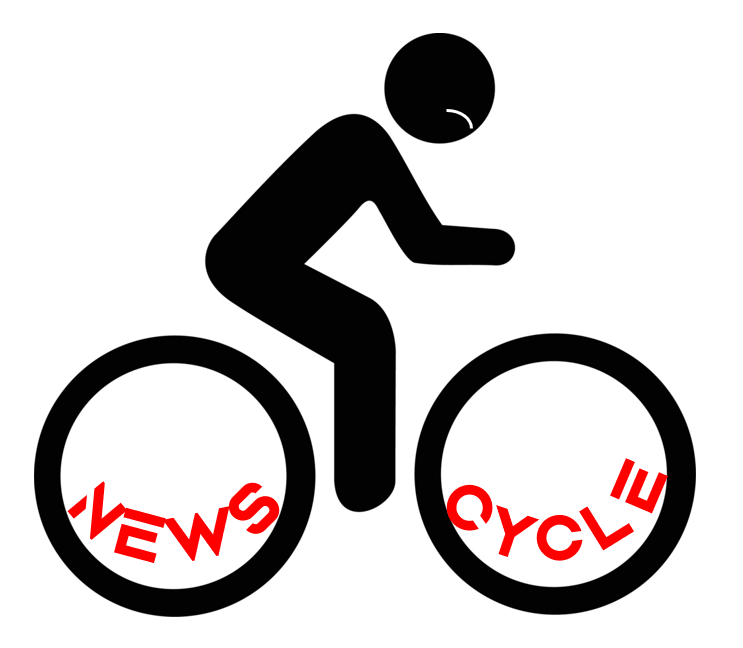 And the conventional wisdom over the decades is that the more intense the news cycle, the better it is for ratings and a news brand’s ability to build credibility and dependability. When you think about some of the most intense news stories of our lifetimes – and in some cases, our careers – Watergate, 9/11, and COVID all generally drove ratings.
And the conventional wisdom over the decades is that the more intense the news cycle, the better it is for ratings and a news brand’s ability to build credibility and dependability. When you think about some of the most intense news stories of our lifetimes – and in some cases, our careers – Watergate, 9/11, and COVID all generally drove ratings.
Last week’s post revealed a unique wrinkle – even some of those who consider themselves to be well-informed and news-intensive need a break from time to time. The onslaught of news, the sheer number of serious stories, and the continuous predictions of impending doom are driving even those “news junkies” to opt out for a while.
For commercial radio news stations – especially those major market “All News/All The Time” stations, it’s a conundrum. More often than not, these stations use a standard news clock that by its very nature is both dependable and repetitive. The idea is that you essentially know what’s coming up by what time it is. The entire format is built on key content showing up at points on the clock.
NPR News stations find themselves in a similar but different situation. While almost all carry Morning Edition and All Things Considered as their “tentpole” shows during the drives,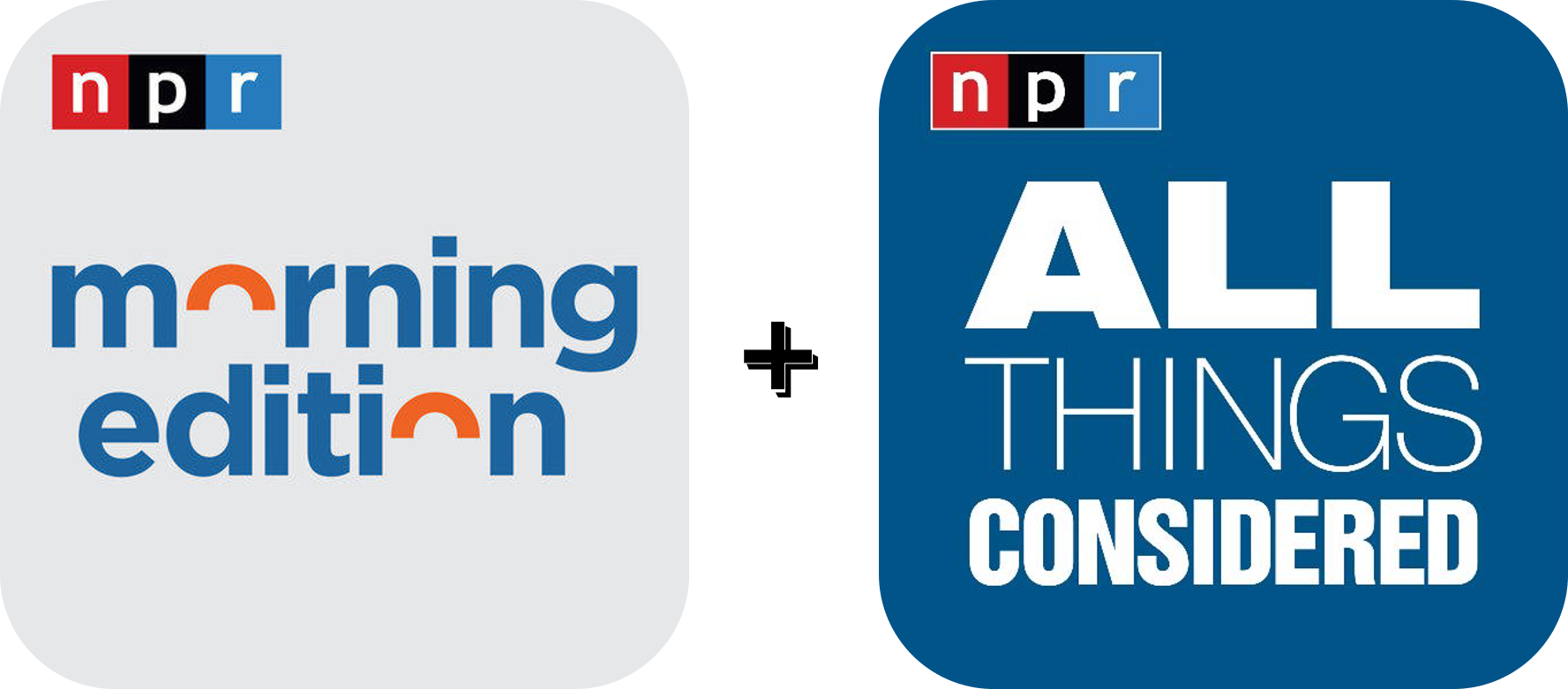 programs that air throughout the rest of the day may vary – but they tend to err on the side of news.
programs that air throughout the rest of the day may vary – but they tend to err on the side of news.
As last week’s post noted, part of the news fatigue that has set in for many public radio stations revolves around hearing many of the same stories on show after show. They may be treated differently, but it is highly possible to hear the same news story covered on three, four, or even five news shows throughout an eight-hour day.
But a recent piece in Nieman Lab suggests news burnout might go beyond story repetition or hearing bad news. Ironically, news stations – both commercial and public – often thrive on FOMO – the fear of missing out what may be happening in the world, the country, the state, or your local community. The feeling has intensified by the sheer number of news outlets, including social platforms that deliver the news of the day, albeit in different forms and formats.
Nieman Lab’s Joshua Benton frames it a bit differently in “The relief of missing out; Anticipated anxiety is a big reason why more people are avoiding the news.”
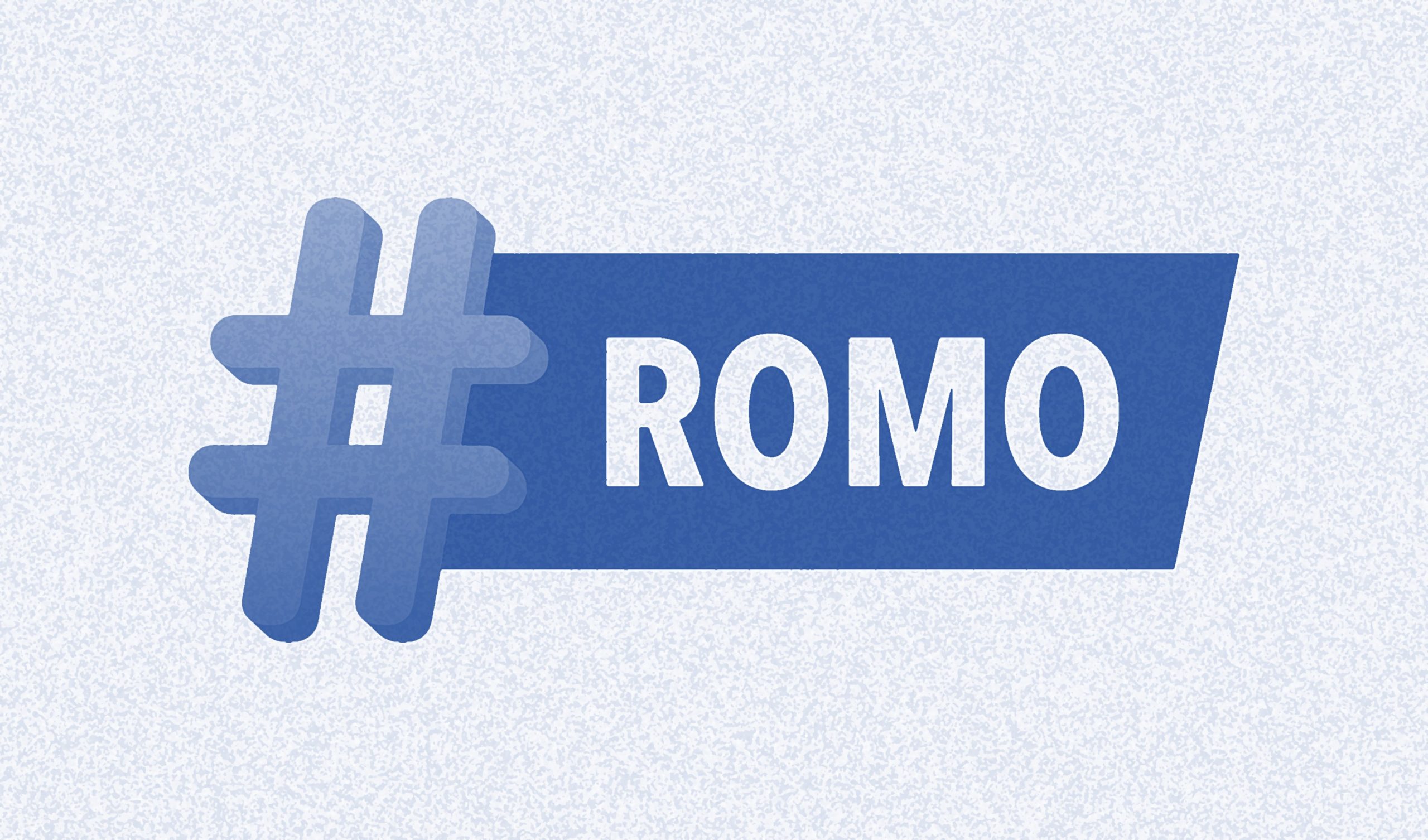 He calls it ROMO – the relief of missing out. Benton pins his theory on a new paper in the journal Political Communication. It’s a discussion of anticipated anxiety as a key repellent from the news that also contributes to a lack of political engagement and avoiding the news altogether.
He calls it ROMO – the relief of missing out. Benton pins his theory on a new paper in the journal Political Communication. It’s a discussion of anticipated anxiety as a key repellent from the news that also contributes to a lack of political engagement and avoiding the news altogether.
When I initially saw the acronym ROMO in print, my first thought was about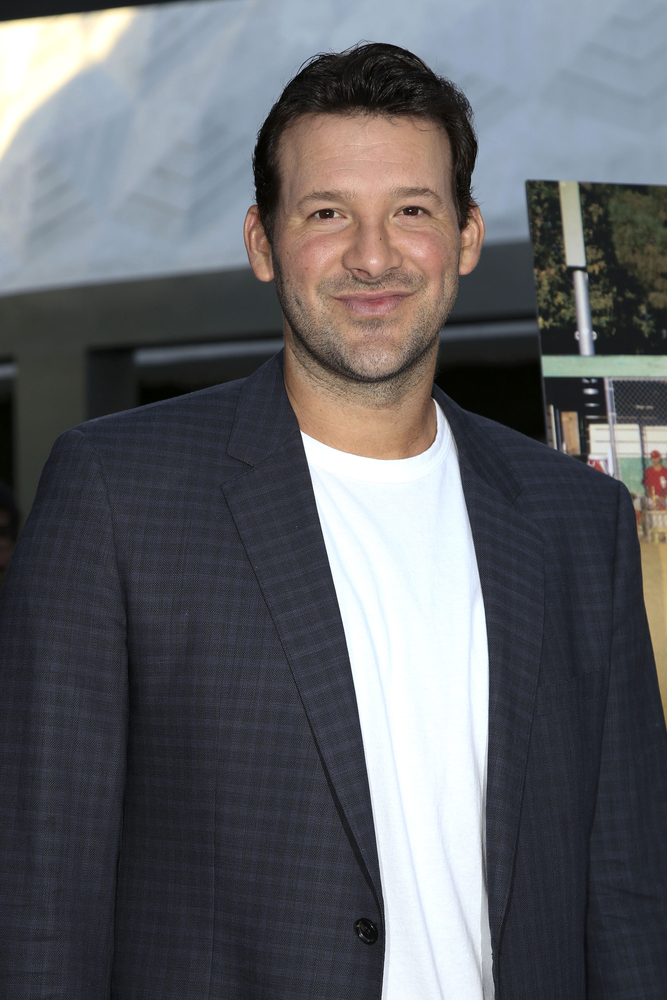 that former Dallas Cowboys quarterback, now a top-flight NFL analyst – yes, Tony Romo (pictured).
that former Dallas Cowboys quarterback, now a top-flight NFL analyst – yes, Tony Romo (pictured).
But in all seriousness, the paper from Benjamin Toff and Rasmus Kleis Nielsen speaks directly to the idea of “people’s preexisting perspectives about specific stories or faces in the news.”
Warning: the article is dense, but essential, in explaining the odd feeling of hopelessness that permeates newscasts and new stories. Some people avoid broadcast and cable-delivered news because they cannot control the timing or the pacing. At least when you’re reading a story online or in print, you’re in control. Sort of.
Toff and Nielsen track news avoidance over the last five years in five different countries, including the U.S. The angst levels are all “up” – in some cases, sharply. For some reason, Brazil leads the news anxiety ranker, but the metrics are trending consistently higher – everywhere.
So much so that in a report that has stunned even some people in the mental health community, a group of medical experts recommended doctors screen all their adult patients under 65 for anxiety.
This report came out yesterday from the U.S. Preventive Services Task Force, a blinking red light that it’s not just teens and children suffering from the ravages of COVID and this tough cycle of news and events. It’s the rest of us.
Here in America, the report reveals 42% of adults say they’ve experienced recent signs of anxiety or even depression. If they’ve been consuming news, who could blame them?
The aforementioned study by Toff and Nielsen is an interesting one, a series of one-on-one interviews conducted among middle class UK citizens who aren’t normally “into” news.
Common complaints from this group included the following:
- The news is all about crime and war and terrorism
- The news is depressing
- The news isn’t useful to me, and I don’t care about politics
- The news is too confusing, and it doesn’t matter, anyway
Thus, ROMO – palpable relief from not being tethered to the news.
I often hear some of these same sentiments reflected in the qualitative research we conduct. Unlike listening patterns of the past, media that focus on the news may not have an advantage even when mired in one big story after another. At these moments, CNN, Fox News, MSNBC, and NPR could count on ratings bumps. In fact, these new studies indicate many citizens are simply looking for relief.
For radio’s music formatted stations, funny morning shows, and brands that focus on good times, this research indicates they may be just what the doctor ordered for a populace ravaged by the “real life” headlines of the day. “Anti-news” products – that is, being famous for non-news attributes and images may offer plenty of that “R” in ROMO.
The study is worth a read, especially if you’re in the broadcast news business or if news is a defining part of your brand mission.
Based on the authors’ findings, cable news channels, newspapers (and their online equivalents), radio news stations, and NPR News operations might benefit from a deeper understanding of the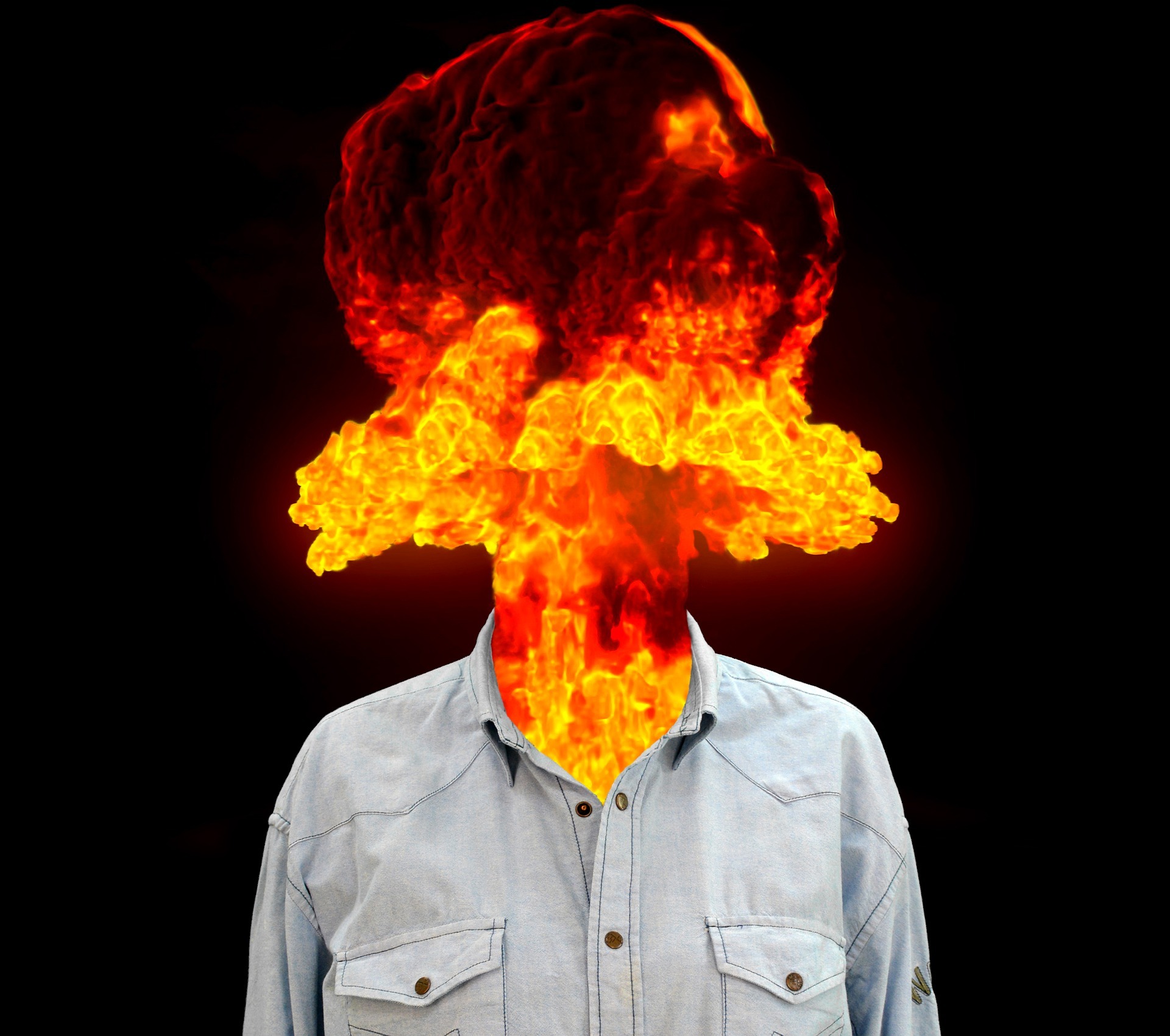 audience’s mindset in 2022. While COVID may be abating or even on the way out, it appears to be sadly replaced by a vicious news cycle showing no signs of letting up.
audience’s mindset in 2022. While COVID may be abating or even on the way out, it appears to be sadly replaced by a vicious news cycle showing no signs of letting up.
When I read the paper, I kept waiting for the authors to offer up practical solutions or ideas for news gathering outlets, or even political figures trying to make a difference. The best I could get was this conclusion:
“So long as people fear news will make them feel bad and do little to help them live their lives, those who seek to mobilize more of the public to become more regular news consumers must directly contend with these engrained cultural perspectives.”
Interesting perhaps. But not especially helpful.
And yet, media outlets are powerless to shape much less control the news, other than just making it up (which some have tried with spotty success).
 On music stations, avoidance is always an issue. I’ve collaborated with many PDs and morning hosts more more interested in jettisoning a news segment each hour. And it’s not just about saving money. They correctly wonder whether news and information fits on their stations and/or shows.
On music stations, avoidance is always an issue. I’ve collaborated with many PDs and morning hosts more more interested in jettisoning a news segment each hour. And it’s not just about saving money. They correctly wonder whether news and information fits on their stations and/or shows.
Clearly, radio consumers know where to go to seek out “the news.” When they turn on a music station or a personality show, a discussion of current events is not what they’re seeking.
For news operations, it’s a different story. And you have to wonder why these mental health conditions weren’t as obvious during other moments in time.
I’m a child of the 1960s, and we had a war (that impacted people like me), high profile assassinations in the U.S., Watergate, and other high anxiety moments. And yet, I don’t recall feeling that sense of hopelessness. Nor was there the least bit of ROMO going on.
 Back then, people either leaned into news or they blissfully ignored it. There’s actually an acronym for the latter – JOMO – yes, joy of missing out and not feeling the least bit guilty about it.
Back then, people either leaned into news or they blissfully ignored it. There’s actually an acronym for the latter – JOMO – yes, joy of missing out and not feeling the least bit guilty about it.
What was the difference?
We had better “therapists” back then – the people delivering the news were trusted, credible, calm, and centered. I think about Walter Cronkite, Huntley and Brinkley, and other purveyors of the events of the day. They were agenda-free, doing their damndest to inform us without inciting us. The fact so many referred to Cronkite as “Uncle Walter” speaks volumes about how he was perceived by a wide cross-section of Americans, regardless of their politics.
When I think about the current news landscape, there are few of these types of people on the airwaves. Interestingly, they may be less likely to be regulars on public radio’s news magazines. Unfortunately, that group of hosts and journalists seems to be on “shuffle mode,” coming and going rather than building a personality news brand.

A key to delivering news and discussing important issues without stressing out the audience is trust. And it’s earned over time. Not only do news personalities and hosts have to be impartial and fair-minded, they have to be durable. Even when discussing beloved music hosts on the radio, the comment respondents most typically offer is, “Well, he’s been around for a long time.” Longevity is a building block.
That is, consistency, longevity, presence, and staying power are core values for radio news personalities able to walk that line between delivering news and information without causing anxiety attacks.
In public radio, these types aren’t plentiful, but they exist in all types of markets. Michael Collins on WFAE, Larry Mantle on KPCC, and even Terry Gross on NPR’s Fresh Air have all “stood the test of time,” providing familiarity, consistency, and fairness when telling us about “what’s new.”
It is less about the music you play or the headlines you read. It is – and always has been – about the man or woman on camera or wearing the headphones who can deliver good and bad news in a way that engenders understanding, fairness, and empathy, all while informing us about the world around us.
Without us having to reach for the anti-depressants.
Looking for more info and data about news and its impact on radio? PRTS 2024 will be presented to stakeholders next month, in collaboration with PMCC and NFCB. Stay tuned for announcements on that webinar, as well as one that will be open to the entire radio broadcasting industry. – FJ
- Why Radio PDs Are A Lot Like NBA Coaches - May 8, 2025
- Memo To Radio: We Have Met The Enemy And It Is… - May 7, 2025
- The Guy In The Next Car - May 6, 2025





ROMO is real. I ask students in my TV and radio classes if they watch the news (90 percent say no.) Then I ask why they don’t. And every single reason you listed appeared in their objections. So I gave them a challenge (since they had to construct a newscast): Stay away from what repels you and give your audience information that means something to them. Concentrate on what interests and affects your listener, not on what you think they should be spoon fed. A spat between parties means nothing to the voters – they need to know what the candidates will actually do when they’re in office and what impact it will have on them and their families. Unfortunately, too many news outlets focus on the former.
Dianna, this is truly great advice and I wish more “professional” journalists were in your class. These last 60-odd days are going to be brutal.
Great article, Fred, and obviously still timely. Toff and Nielsen doesn’t offer much in the way of prescriptions, but to their comment that ““So long as people fear news will make them feel bad and do little to help them live their lives…(they will avoid it)”: die-hard news “hard news” folk may cringe at this, but why not offer some relief with interjections of “feel good” information and tips for living a better life? After all, from the research I do the main reason people listen to radio in general is to feel better.
And thus, NPR’s “Joy Czar,” announced after my #TBT blog and your comment. We’ll see how that works out. Thanks for the kind words, Alan.
Great blog, Fred. ROMO is real for the reasons stated. There’s also that assumed bias from the news networks – and it happens on all of them, not limited to any particular political point of view. There’s this lack of trust, this nagging “ how can I be sure this story is being accurately reported?” Or worse, am I being told the truth?”
For news talk, where most of the brands are variations of conserva-talk, from the morning “News block” (not so much any more), to Beck, to Clay and Buck, to Sean, to Jesse Kelly to ???, they all offer the same talking points. They may give those points their seasoning, but really it’s the same show, show to show. And I’m not just picking on iHeart. It’s the same for the Cumulus and Salem line-ups. Different voices, same stuff.
I know since I retired in 2019, I listen a lot less (and watch a lot less). There are some shows that are trying to do it differently. Michael Berry. Markley, Van Camp and Robbins, Our American Stories to name a few. But for the most part, it’s the same old stories.
As someone with vast experience in both music and talk, Peter, I really appreciate this comment. We have so many more outlets and platforms to choose from today – and yet, so much content looks and sounds the same and is uninspiring. It’s the old “57 Channels & Nothin’ On.”